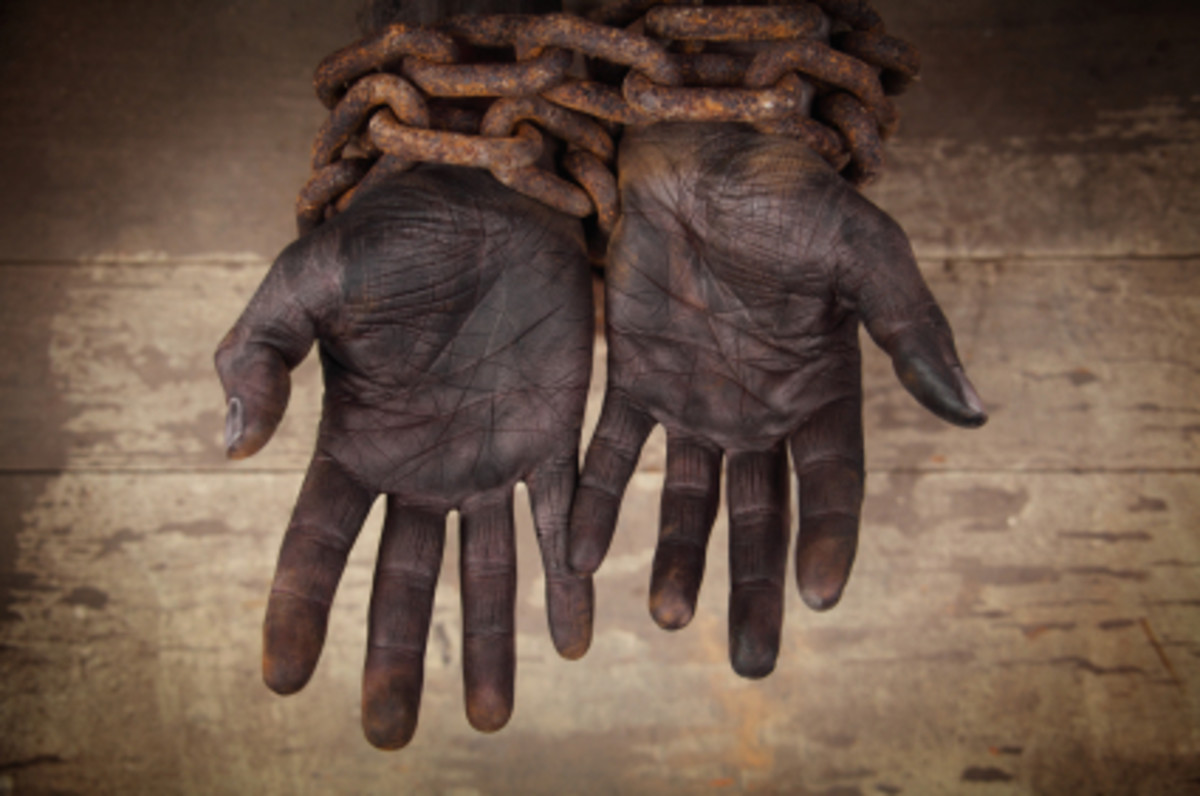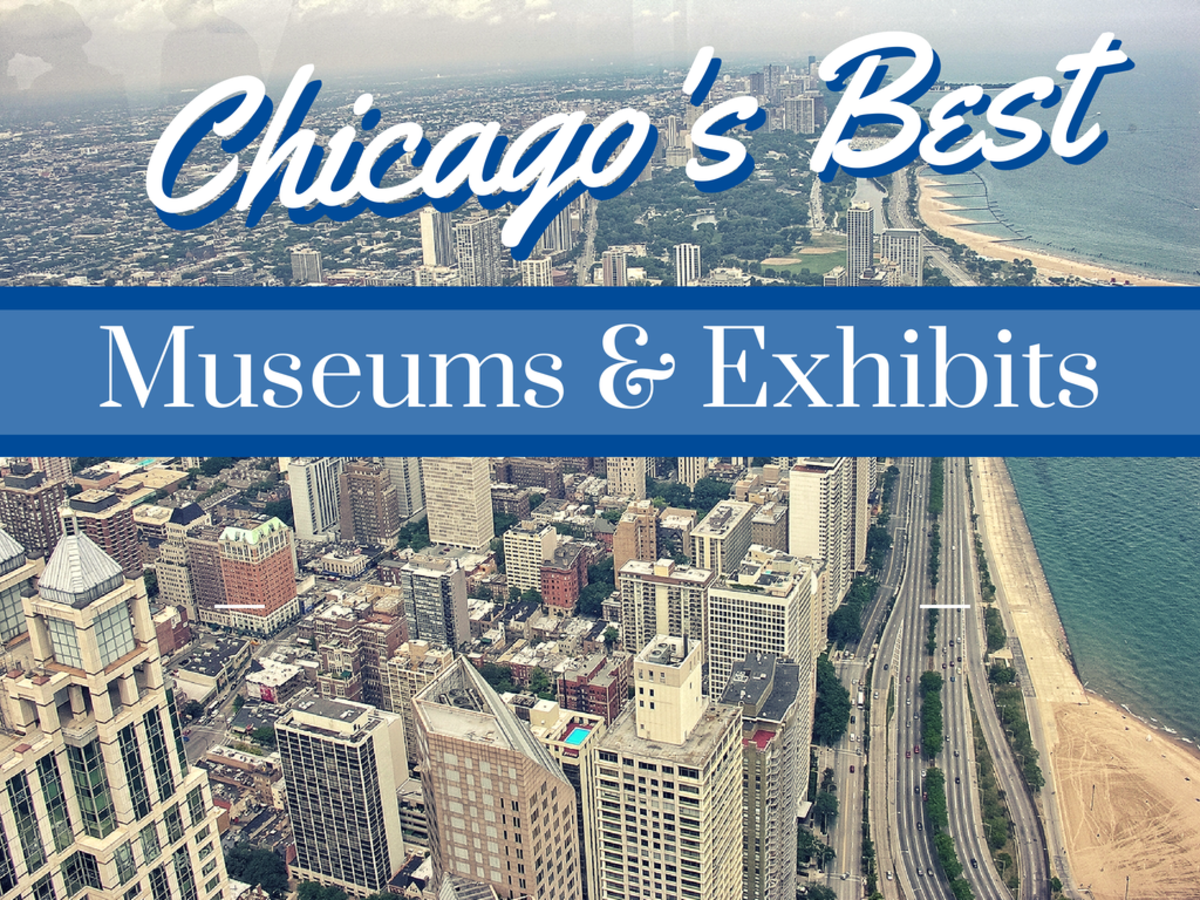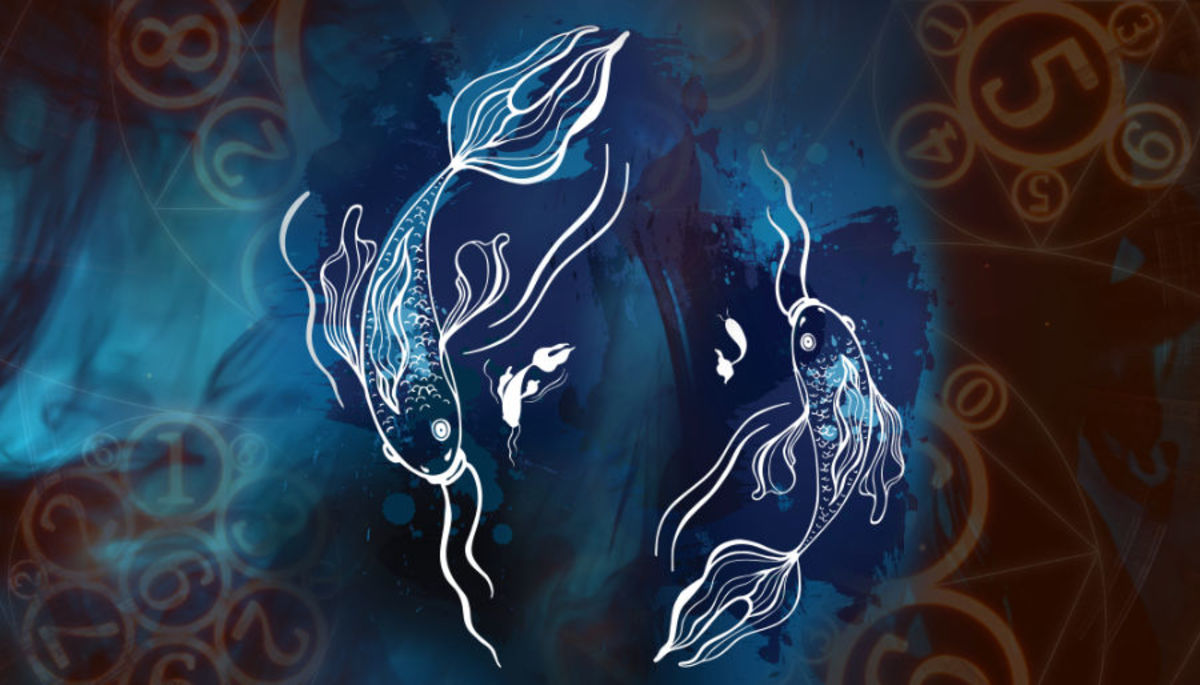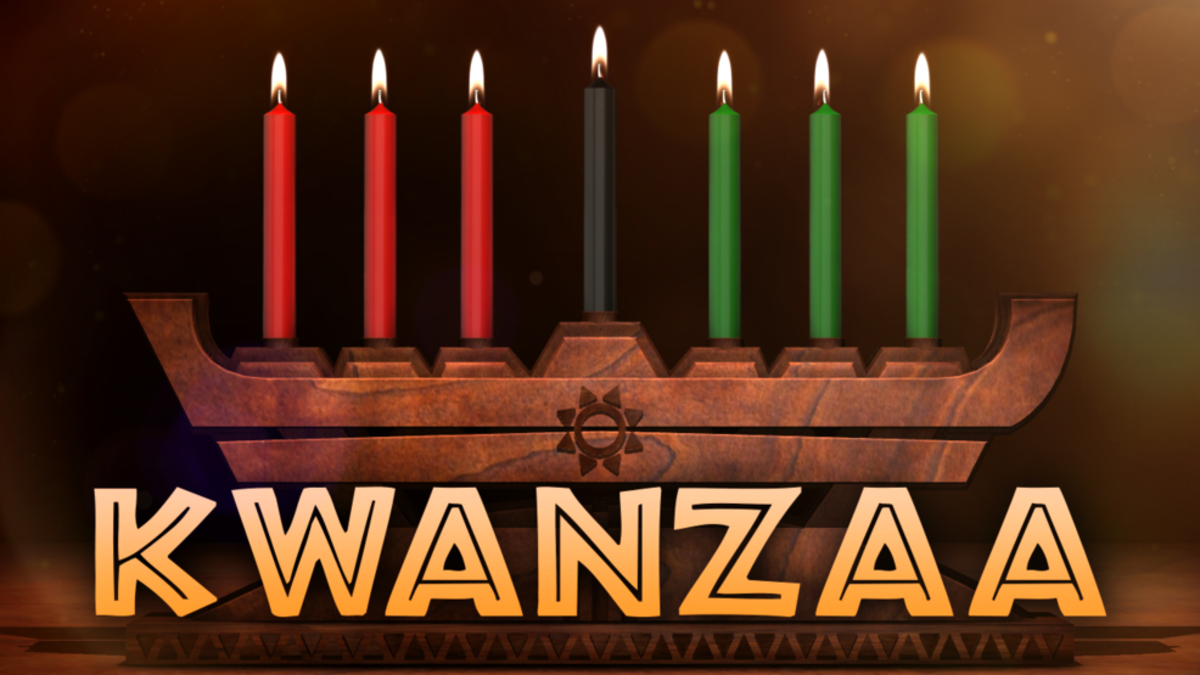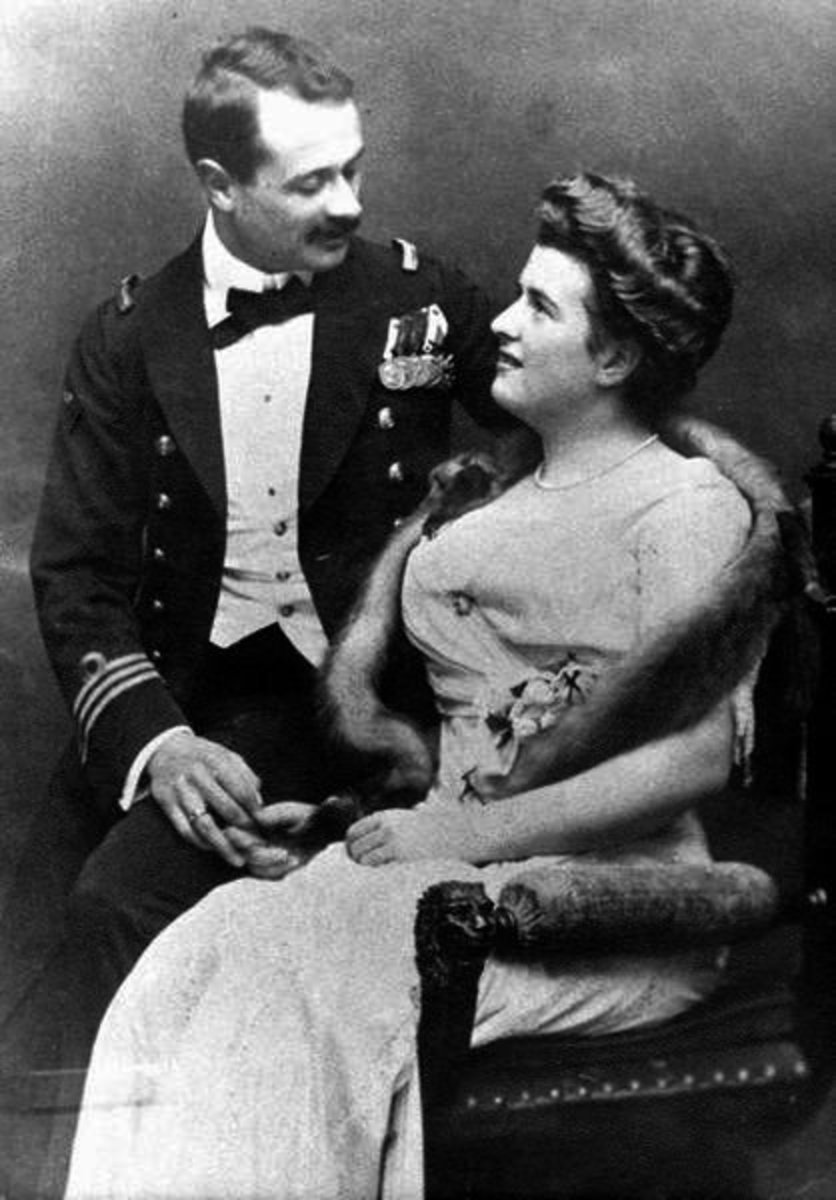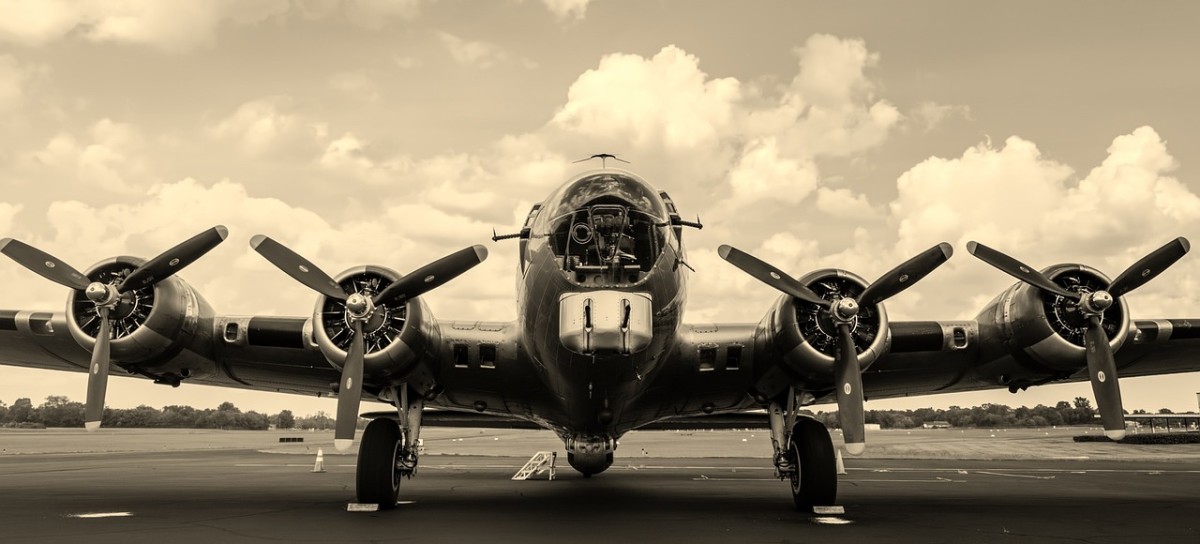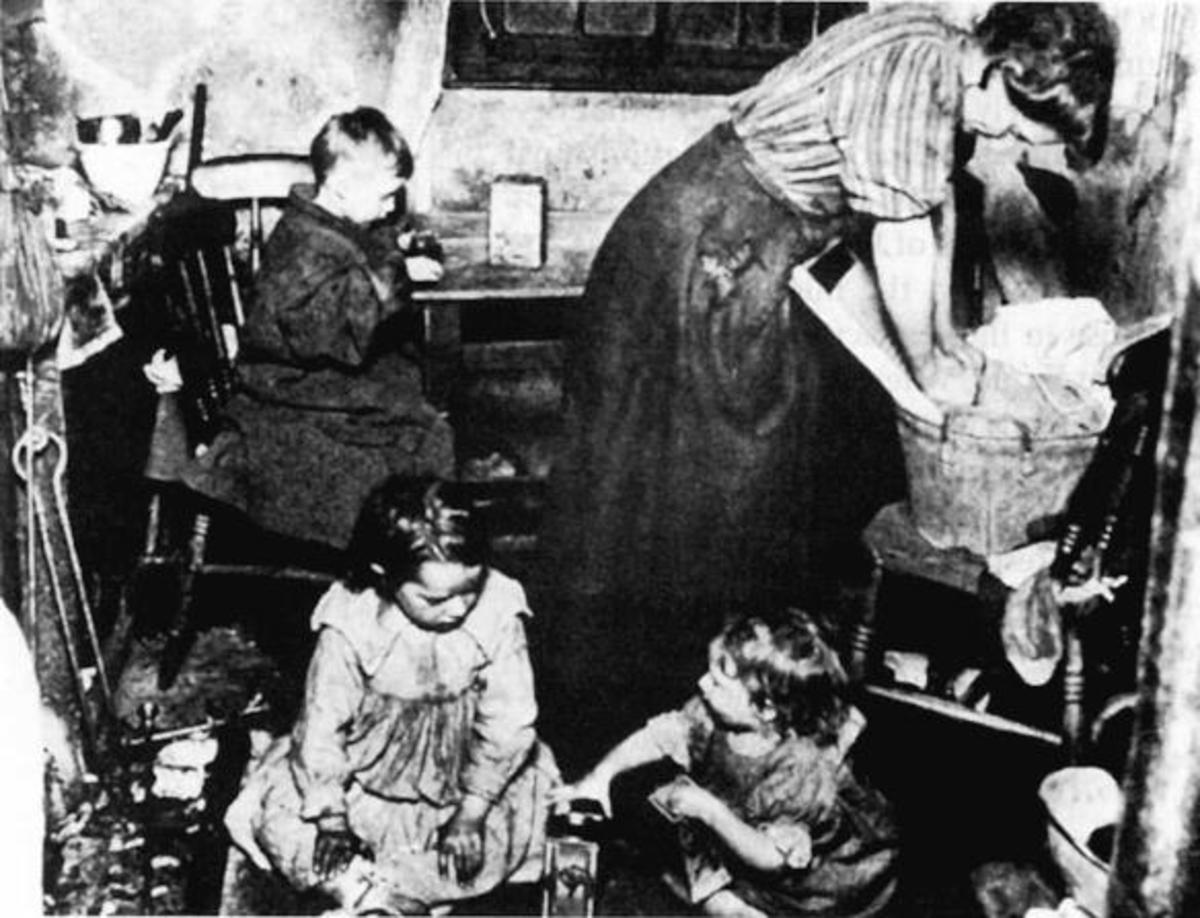Lincoln - The Emancipation Proclamation and the 13th Amendment
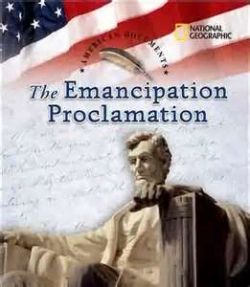
The 150th Anniversary of The Emancipation Proclamation
2013 marks the 150th anniversary of The Emancipation Proclamation. For events commemorating this, see Black History International and Black Museums.
In January 1863, the Emancipation Proclamation came into effect.
Abraham Lincoln is known as the "Great Emancipator". His image appeals on the U.S. penny and $5 bill, so it is familiar to every schoolchild. But did Lincoln really free the slaves?
What was the true significance of The Emancipation Proclamation? What did it really mean for the enslaved African American people?
This lens includes a review of the Steven Spielberg film "Lincoln".
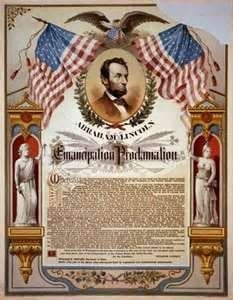
What Was the True Significance of the Emancipation Proclamation?
African American History
In 1863, Abraham Lincoln declared the Emancipation Proclamation. The Emancipation Proclamation set free all African American people living in slavery in key states in the South.
What was the true significance of The Emancipation Proclamation for enslaved African American people?
The Emancipation Proclamation declared that all enslaved African American people in the rebel states were " thenceforward, and forever free".
As Lincoln was the President of the United States, his authority was not recognized by the Confederacy. Therefore, the Emancipation Proclamation was limited in its effects. The enslaved African American people working on the plantations were not automatically freed.
In addition, the Emancipation Proclamation did not apply to the Southern States of Delaware, Kentucky, Maryland, and Missouri. which remained within the Union. The enslaved African people in those states remained enslaved following the Emancipation Proclamation. In addition, enslaved people in states which had come back under Union control, such as Tennessee, were not freed.
The Emancipation Proclamation did have an enormous psychological significance for enslaved African American people and for white abolitionists. For more about this, see below.
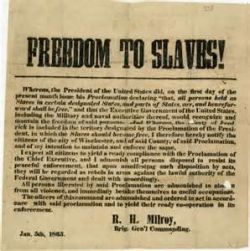
The Emancipation Proclamation Was a War Measure
Why Did President Lincoln Make the Emancipation Proclamation?
The rebel states which had broken away from the Union to form the Confederacy were, by and large, slave-owning states.
The South was an agrarian economy, dependent upon slave labor for its survival. President Lincoln decided to enact the Emancipation Proclamation as a way of of ending the war more quickly. He knew that without slave labor, the Southern economy would collapse and the Confederate states would have to capitulate. His primary concern was to end the war as quickly as possible.
Lincoln may have been inspired by the actions of the British during the Revolutionary War. The British declared that any enslaved African people who fought for them would be freed. As a result, thousands of escapees from slavery joined the British Army. But after the end of the war, the British reneged on their promise and sold the Black people back into slavery.
Unlike the British, Lincoln's Emancipation Proclamation declared that the freed slaves would be free forever. And unlike the British, he was committed to honoring this. Any enslaved people freed by the Emancipation Proclamation were "thenceforward, and forever free".
However, Lincoln had gone on record as saying he did not want the freed slaves to be able to vote, sit on juries or hold public office, as they were not the equals of white men. Towards the end of the Civil War, however, he did start to suggest that the vote might be extended to some Black men.
What Were the Effects of the Emancipation Proclamation?
Did Lincoln Really Free the Slaves?
As Lincoln was the President of the United States, his authority was not recognized by the Confederacy. Therefore, the Emancipation Proclamation was limited in its effects. The enslaved African American people working on the plantations were not automatically freed.
However, thousands of African Americans started to escape from slavery and run to the Union Army. The Battle of Gettysburg, in 1863, marked the turning point of the Civil War. Following the Battle of Gettysburg, the Union Army started to advance into the South. Everywhere the Union Army went, escapees from slavery ran to its camps, seeking protection from enslavement. Many African Americans joined the Union Army to fight for the Union, as they saw the Union and President Lincoln as responsible for freeing them from slavery.
Some Generals in the Union Army considered the formerly enslaved people to be "contraband" but, as depicted in the Steven Spielberg film "Lincoln" (see review below), President Lincoln rejected that argument. The enslaved people could only be considered to be "contraband" if the Confederate states were treated as a separate nation, something Lincoln would never concede.
Ultimately, millions of African American people were freed as a result of the Emancipation Proclamation.
Lincoln Trailer - Lincoln, A Film by Steven Spielberg
Spielberg's portrayal of Abraham Lincoln
Watch Night
African American History - The Origins of Watch Night
All across the United States and the Confederate States of America, enslaved African people and white abolitionists waited in eager anticipation for the Emancipation Proclamation to come into effect. In churches and in the slave quarters, people celebrated on the 1st of January 1863.
To this day, every year on New Year's Eve, churches across the United States hold Watch Night services commemorating that original Watch Night.
Watch Night is one example of the huge psychological significance of the Emancipation Proclamation.
Juneteenth
African American History - The Origins of Juneteenth
We are told that people in Texas were not aware of the Emancipation Proclamation, and that the slaveowners in Texas conspired to keep the news from enslaved African people. In the days before mass communication, when most Black people could neither read nor write, it would had been comparatively easy to keep this information from them.
Juneteenth celebrates the day on the 19th of June 1863 when the news of the Emancipation Proclamation finally reached the enslaved African American people in Texas. Every year, Juneteenth celebrations across the United States mark that day. This is further evidence of the psychological impact that the Emancipation Proclamation still has on African American people.
The 13th Amendment
The 13th Amendment Finally Freed the Slaves
The 13th Amendment to the U.S. Constitution finally freed the enslaved African American people once and for all under the law. .
The Steven Spielberg film "Lincoln" depicts President Lincoln using every political trick int he book, negotiating and manipulating the situation in order to ensure the passage of the 13th Amendment. See my review below for more information.
Shortly after the 13th Amendment was passed in early 1865, the rebel states capitulated and the Civil War ended.
Lincoln, A Film by Steven Spielberg
Film Review
"Lincoln" is Steven Spielberg's portrait of President Lincoln.
"Lincoln" opens with President Lincoln sitting at the edge of a battlefield talking to two African American soldiers. Standing proudly in their blue uniforms, they laugh as the President jokes with them. They tell them they admired the Gettysburg Address, and start to recite it. Then they disappear as two white soldiers take their place, concluding the recitation.
"Lincoln" portrays Lincoln as a war president, a husband, a family man and the head of the Republican Party. Daniel Day Lewis is absolutely brilliant in the role.
As I said above, Spielberg portrays Lincoln pulling all sorts of strings to get the 13th Amendment passed before the war ends. According to this film, the war could have ended sooner, but President Lincoln delayed negotiations until after the 13th Amendment had passed, due to his conviction that it would never be passed once the South surrendered. How much of this is an accurate portrayal of events I am not sure.
The film gets across a clear sense of Lincoln the man, with his homespun humor and fondness for storytelling, as well as his astute mind and in-depth knowledge of history and philosophy.
There are moments that reminded me of Amistad, particularly in the discussion of Black people as property.
"Lincoln" is a great film. If you haven't seen it yet, go and see it.
What Happened After the 13th Amendment
Jim Crow Laws Kept African American People in Their Place
The 13th Amendment to the Constitution freed all African American people who had formerly been enslaved.
Following the war, Reconstruction brought in resources to rebuild the South, as the Southern economy had been broken by the war and by the emancipation of the slaves.
During Reconstruction, Black people were given the vote and Black representatives were elected to Congress.
However, during and after Reconstruction, laws were brought in which restricted the rights of African American citizens.
Black people were no longer able to vote across many of the Southern states.
Laws were passed which specifically criminalized Black people. For example, vagrancy laws were applied to African American people who left the plantations. Many people were travelling around the country looking for their relatives from whom they had been separated during enslavement. Because of the vagrancy laws, they were frequently arrested and imprisoned.
These prisoners were then put to work on the plantations and the chain gangs. This exploited a loophole in the Emancipation Proclamation.
Jim Crow laws were brought into effect which meant that Black people in the South were subject to racist restrictions. They could not ride in the same train carriages as white passengers. They could not drink from white people's water fountains and had to use separate toilet facilities. They also attended separate schools and were not allowed to attend whites-only schools. They could not vote or hold public office, nor could they sit on juries - ironically, this reflected the views Lincoln had espoused.
Similar laws were later applied in the apartheid regime in South Africa.
These laws meant that life in the South continued pretty much as it had during slavery. African American people were also discriminated against in the armed forces. Jim Crow laws did not apply in the Northern states, but racial discrimination and segregation, although illegal, were also practiced there.
Brutal violence was used to keep Black people in their place. Ida B. Wells was one of the people who campaigned vigorously against the lynching of Black people.
After the Second World War, the Civil Rights movement began and continued to grow in force. Eventually, the Jim Crow laws were repealed, giving African American people full rights under the law - rights which had first been granted under the 13th Amendment. .
Did Lincoln Really Free the Slaves?
Lincoln has been called the "Great Emancipator". But did he really free enslaved African American people?
Resources Relating to Lincoln - Resources Relating to Lincoln, the Emancipation Proclamation and the 13th Amendment
These resources include links to some of my blogs about African people's self-liberation.
- Juneteenth Worldwide Celebrations
From its Galveston, Texas origin in 1865, the observance of June 19th as the African American Emancipation Day has spread across the United States and beyond. - Thanks to 'Lincoln,' Mississippi Has Finally Definitely Ratified the Thirteenth Amendment
A middle-aged recent immigrant from India recently set into motion a series of events that eventually led to Mississippi finally ratifying the Constitutional amendment banning slavery. The rousing finale of the movie Lincoln served as inspiration. - African People's Self-Liberation
People in Britain have been taught that William Wilberforce ended the Transatlantic slave trade. The truth is that Black people liberated themselves in Africa, in the Caribbean, on board the slave ships and in the United States. The Haitian Revolutio - African People Liberated Themselves
Fortunately, my mother taught me from an early age that enslaved African people liberated themselves and fought against kidnapping, genocide and mass enslavement. - Griot Workshops in London
It is so important that Black people tell our own stories.

